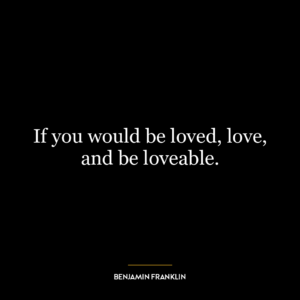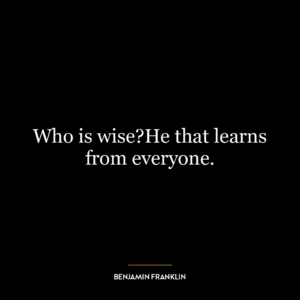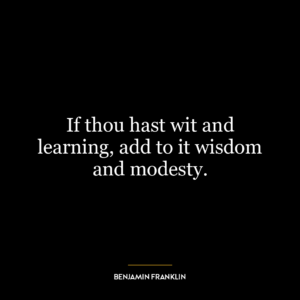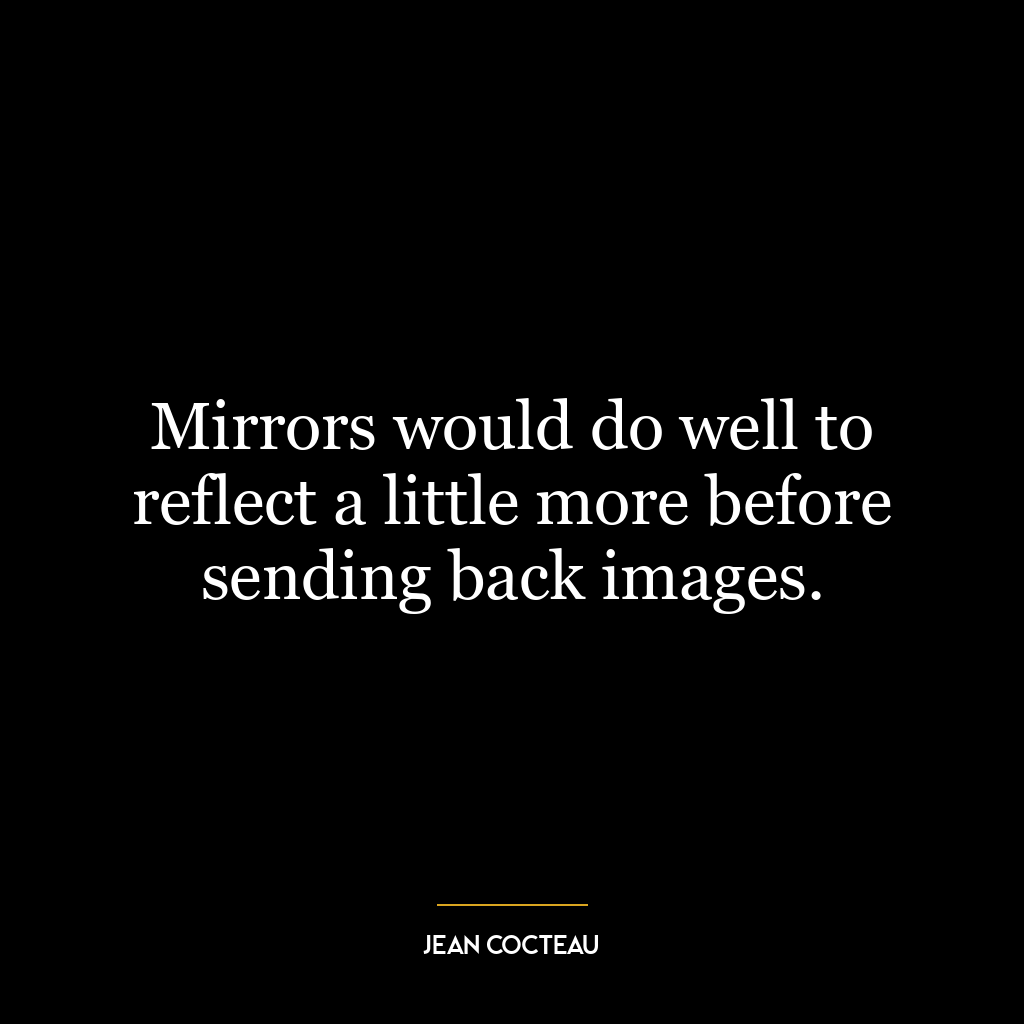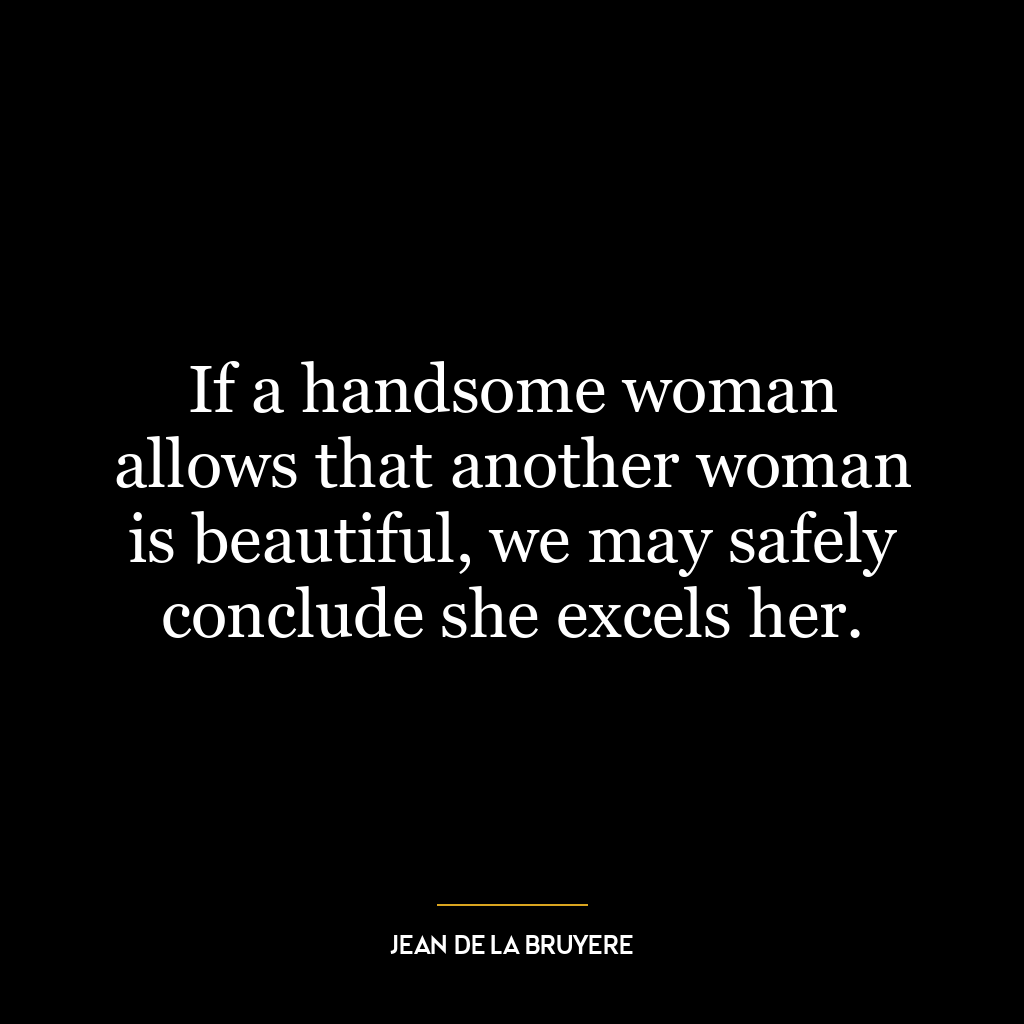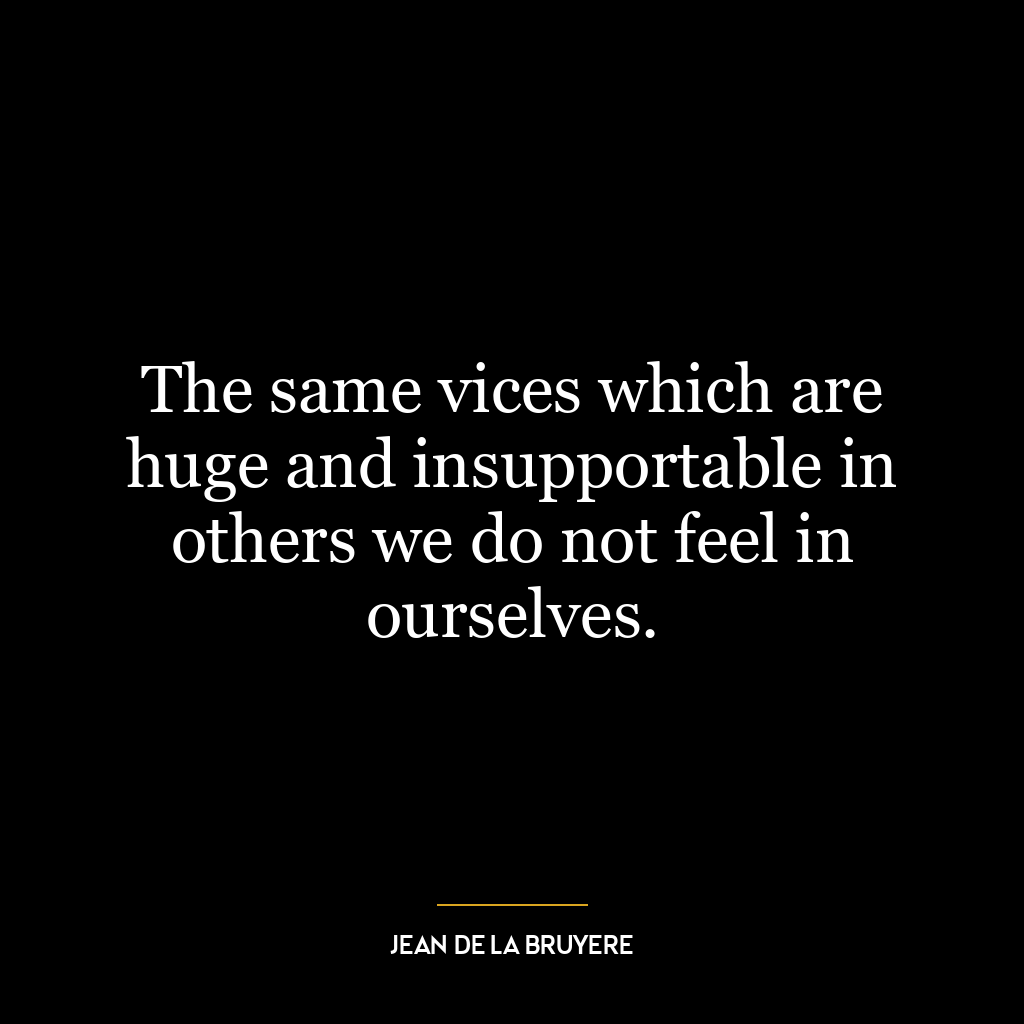Most people dislike vanity in others, whatever share they have of it themselves.
This quote suggests that people generally have a negative view of vanity when they observe it in others, regardless of how much vanity they themselves might possess. Vanity, in this context, refers to excessive pride in one’s appearance, abilities, or achievements. The irony here is that while individuals are quick to criticize others for being vain, they often fail to recognize or acknowledge their own vanity.
This quote can be interpreted in two ways. Firstly, it could mean that people are generally blind to their own flaws. They see vanity as a negative trait in others, but they don’t see it in themselves because it’s difficult to be objective about one’s own character. This is known as the “bias blind spot”.
Secondly, the quote could also suggest that people are inherently hypocritical, criticizing in others what they themselves are guilty of. This is a common human tendency known as “psychological projection”, where individuals attribute their own undesirable traits to others.
In today’s world, this quote is particularly relevant due to the rise of social media. Platforms like Instagram and Facebook often encourage vanity, as users post carefully curated images of their lives in order to present themselves in the best light possible. People might criticize others for being vain on social media, while failing to recognize their own vanity in their carefully crafted online personas.
In terms of personal development, this quote highlights the importance of self-awareness and introspection. It’s easy to see faults in others, but much harder to recognize and accept them in ourselves. By being more aware of our own flaws, we can work to improve ourselves and become better people. It also teaches us to be less judgmental of others, as we often criticize in others what we fail to see in ourselves.



